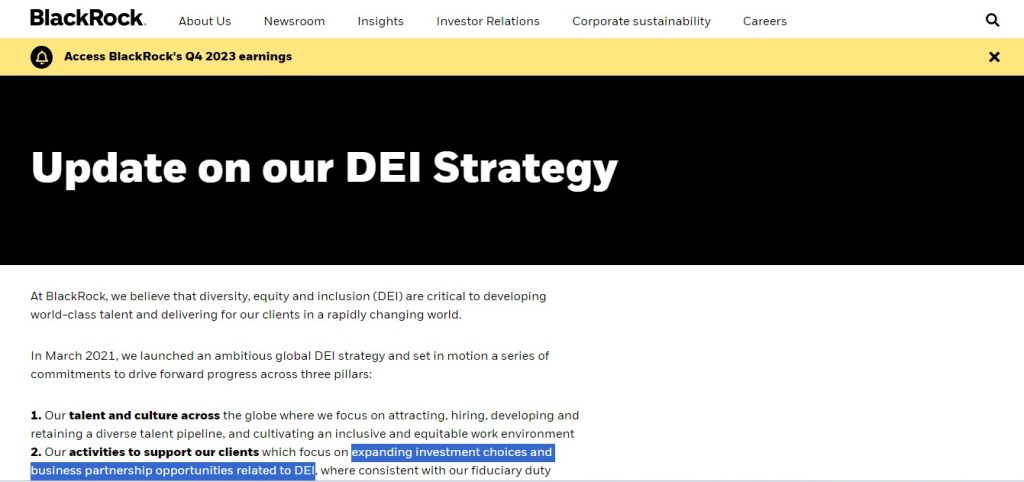
Some on the right say that to defeat DEI, we must abolish the Civil Rights Act of 1964. They’re wrong: in addition to being politically inept, such a move would also represent an epic tactical fail. Put simply, we shouldn’t repeal civil rights laws.
We should weaponize them.
Title VII of the Civil Rights Act bans discrimination on the basis of race, color, religion, sex or national origin. Critics said it was unneeded, as the profit motive would compel businesses to hire qualified people and serve their customers regardless of skin tone; those who didn’t would lose market share and face public backlash. The law’s supporters disagreed.
According to them, racism was so embedded that companies would continue to discriminate even if it hurt their bottom line. And since their ideological commitment to hate took precedence over economic self-interest, only state coercion could make them stop. We can debate whether that was true then, but it definitely is now. However, these days the victims tend to look a little different. That’s clear from video footage put out last month by journalist James O’Keefe.
In it, IBM CEO Arvind Krishna threatened to strip executives of their bonuses if they didn’t hire based on race. He said 13% of new employees should be black while complaining that too many are Asian.
Meanwhile, the CEO of IBM subsidiary Red Hat boasted that his company has fired people for refusing to look at race when deciding who should be hired or promoted. Obviously picking employees based on how they look instead of what they can do isn’t a smart business model, so why is it getting more common?
Ideological fervor explains part of it. Most people need purpose, meaning, and direction–things religion traditionally provided. As Christianity has declined, the pseudoreligion of critical theory is increasingly taking its place. And without a church to attend, corporate executives are living out their faith in the boardroom.
Financial coercion plays a role too, because if you want capital then it helps to be woke. BlackRock is the world’s largest asset manager, and it works “to support our clients which focus on expanding investment choices and business partnership opportunities related to DEI.”

This means corporations are often more scared of Larry Fink than their customers, so there’s no boycotting our way out of this. That’s why instead of railing against the Civil Rights Act, conservatives should start using it, something James Lindsay has stressed.
Some already are, such as former White House advisor Stephen Miller and activist Edward Blum. Miller founded America First Legal and Blum heads American Alliance for Equal Rights; both organizations have filed multiple lawsuits over DEI-related civil rights violations.
This approach has had some success, with former Starbucks regional manager Shannon Phillips winning a multi-million dollar judgment after the company targeted her for being white. Yet as Christopher Rufo noted, more needs to be done.
They include amending civil rights legislation to remove disparate impact provisions, under which employers can be held liable even when there is no intent to discriminate. Cleaning out the civil rights bureaucracy via President Trump’s Schedule F executive order will be essential too, as will using the Supreme Court’s conservative majority to overturn Griggs v. Duke Power Co. and subsequent cases.
Rufo wrote that the goal should be inserting “true colorblind equality into the law, as I believe it was intended, so that we judge people on their individual merits, not their group identity.” The best way to achieve that end is through making use of existing rules and augmenting them where needed.
Meanwhile, repealing civil rights laws would be a massive win for leftists, because it’s currently the only thing standing in their way. Doing so will not only open Republicans up to charges of racism but will also mean throwing down a valuable weapon.
And right now, we need every weapon we can get.
Be the first to comment